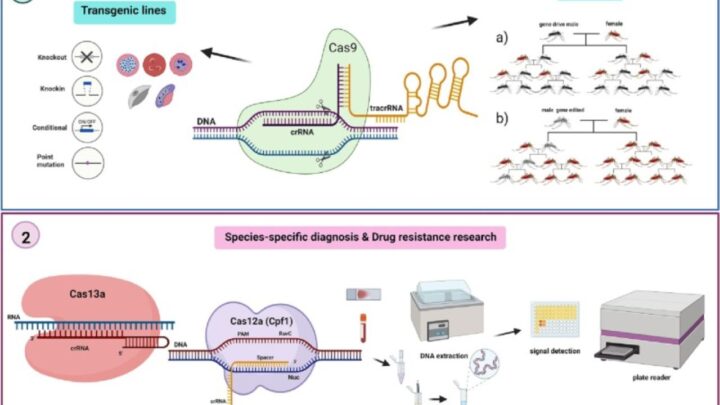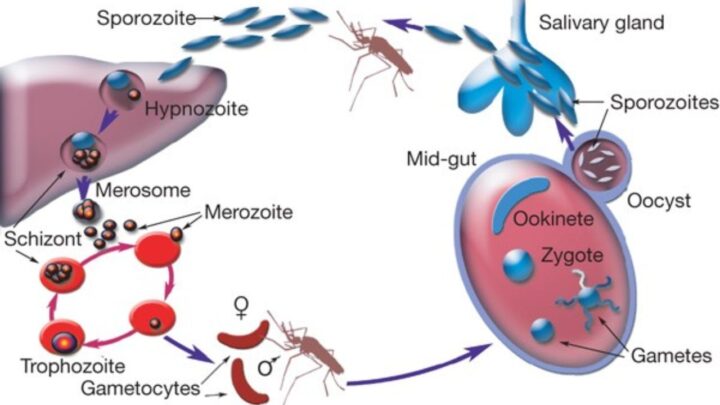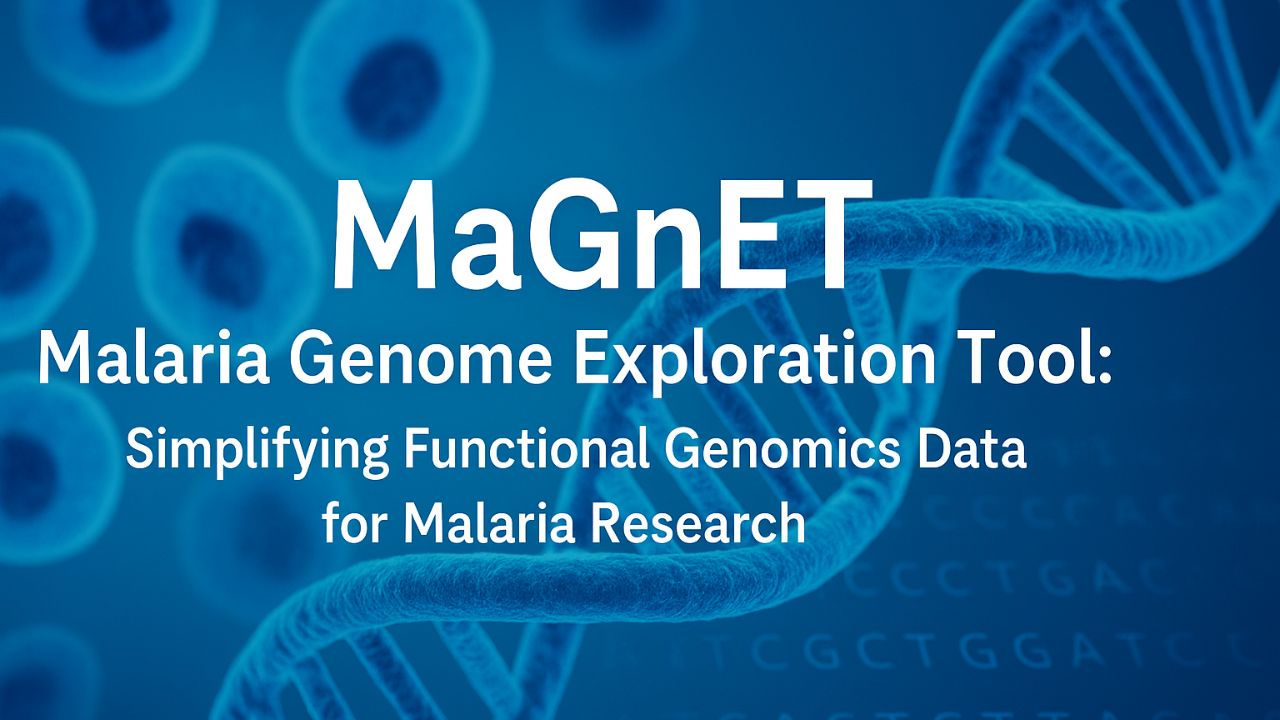MaGnET – Malaria remains one of the world’s deadliest infectious diseases, particularly in tropical and sub-tropical regions. Caused by Plasmodium parasites, malaria has claimed millions of lives, especially among children and pregnant women. In the age of genomics and big data, understanding the parasite at a genetic level has become critical to developing effective treatments, vaccines, and control strategies. The MaGnET (Malaria Genome Exploration Tool) emerges as a powerful digital platform designed to simplify, visualize, and analyze functional genomics data related to Plasmodium species. With its intuitive interface and extensive datasets, MaGnET enables researchers and public health experts to uncover genetic relationships, identify potential drug targets, and enhance our understanding of malaria pathogenesis.
What is MaGnET?
MaGnET is a bioinformatics platform specifically developed to facilitate the exploration of functional genomics data in malaria parasites. It allows scientists to perform integrated queries across gene expression, protein interaction, epigenetic marks, and genetic variation datasets—crucial for advanced malaria research.
Key Features:
- Centralized access to functional genomics data from different studies
- Gene-centric and region-centric search options
- Data visualization tools for quick interpretation
- Integrated tools for co-expression analysis and pathway mapping
The Role of Functional Genomics in Malaria Research
Functional genomics is the study of how genes and their products interact within a biological system. In the context of malaria:
- It helps reveal how Plasmodium parasites adapt to various conditions (e.g., host immune responses or drug exposure)
- It aids in identifying genes essential for parasite survival or replication
- It provides insight into antigenic variation and drug resistance mechanisms
MaGnET bridges the gap between raw data and biological meaning by offering a researcher-friendly interface that consolidates these datasets into an actionable resource.

Applications of MaGnET in Malaria Research
1. Target Identification for Drug Development
Researchers can filter genes by expression patterns, epigenetic marks, and essentiality scores. For example, a gene that is highly expressed during the blood stage and shows no human ortholog might be an ideal candidate for a novel antimalarial drug.
2. Comparative Genomics Across Species
With MaGnET, one can compare genomic features across various Plasmodium species—such as P. falciparum, P. vivax, and P. berghei—to identify conserved pathways or species-specific vulnerabilities.
3. Visualization of Expression Patterns
The platform offers heatmaps and gene tracks that allow users to see expression patterns across life cycle stages, from sporozoite to gametocyte, helping researchers to time their interventions.
4. Epigenetics and Regulatory Regions
MaGnET integrates ChIP-seq and ATAC-seq datasets to help study chromatin accessibility and histone modifications, which are important in regulating parasite gene expression.

Advantages of Using MaGnET
| Feature | Benefit |
|---|---|
| Integrated Datasets | Saves time and eliminates the need for manual data merging |
| User-Friendly Interface | Accessible even to researchers with minimal bioinformatics experience |
| Cross-Species Analysis | Supports evolutionary studies and drug repurposing |
| Continuous Updates | Reflects latest research findings and new genome annotations |
| Custom Query Builder | Allows flexible data filtering for specific research needs |
| Data Download Options | Enables offline analysis and integration into custom workflows |
| Visual Tools | Simplifies interpretation of complex genomic relationships |
| Open Access | Freely available for global research use |
Use Case Example: Identifying New Vaccine Targets
A team of researchers studying P. falciparum gametocytes—parasite forms responsible for transmission—used MaGnET to:
- Identify surface proteins uniquely expressed in gametocytes
- Filter out proteins with low immune response markers
- Map gene co-expression networks to understand regulation
This led them to narrow down five potential candidates for transmission-blocking vaccines—saving months of manual analysis.
How MaGnET Supports Global Health Goals
MaGnET isn’t just a tool for academic research—it’s a step toward malaria eradication. By enabling data-driven decisions:
- It accelerates drug discovery pipelines
- It supports surveillance by identifying mutations linked to resistance
- It encourages collaboration by offering a shared platform for researchers worldwide
Additionally, it plays a vital role in capacity-building in endemic countries, offering a resource that local scientists can use to pursue independent and impactful research.
How to Access and Use MaGnET
Website: https://malariagen.net/magnet
Steps to Use:
- Visit the MaGnET homepage
- Choose the species or life stage of interest
- Input gene names or genomic coordinates
- Apply filters like expression level or presence of epigenetic marks
- Visualize results or download for further analysis
Whether you are an expert in molecular biology or a student in a public health program, MaGnET simplifies the process of exploring malaria genomics in meaningful ways.
MaGnET has revolutionized malaria research by making complex functional genomics data accessible and actionable. From exploring gene expression dynamics to identifying novel drug and vaccine targets, this platform empowers the scientific community in its ongoing fight against malaria. As the world moves toward malaria elimination goals, tools like MaGnET will be central to accelerating research breakthroughs and translating them into life-saving solutions.
FAQs
Q1. Is MaGnET free to use for all researchers?
Yes, MaGnET is an open-access platform available globally without any cost.
Q2. Can I use MaGnET if I don’t have a background in bioinformatics?
Absolutely. The platform is designed with a user-friendly interface suitable for beginners.
Q3. What organisms are covered by MaGnET?
It primarily supports various Plasmodium species such as P. falciparum, P. vivax, and P. berghei.
Q4. How often is the data in MaGnET updated?
The datasets are periodically updated to reflect the latest research and annotations.
Q5. Can I download raw data from MaGnET for external analysis?
Yes, MaGnET allows users to export selected data for use in custom workflows or local tools.

